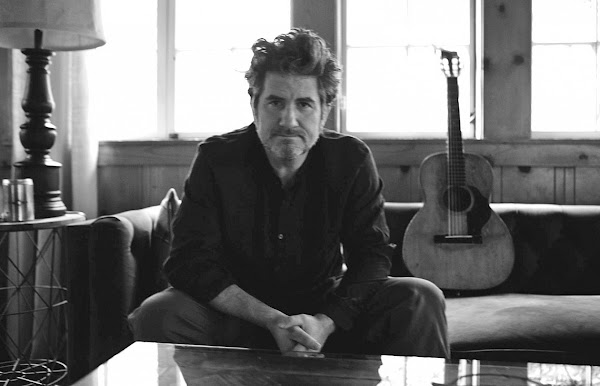Ask anyone who knows me, and they’ll tell you: I have opinions. Sometimes I even have them on things that really don’t require them.
”Why are you putting the mugs in the cabinet like that?”
Also, throughout my life, it’s fair to say I’m no stranger to protesting vigorously for many worthy causes, against injustice and for legislative reform to name a few. I’ve peacefully marched, chanted, waived my sign and sat-in along with thousands of like-minded people to help sway public sentiment to the cause, whatever the cause happens to be.
Here’s the not-so-secret to protesting: you want to convert people to your side, not turn them against you. And your tactics need to reflect that. As I’ve said in every ad agency I’ve ever worked in, it ain’t brain surgery.
So when an environmental group decides to protest by hurling soup at the most famous artistic treasure in the world, the Mona Lisa, or protesters block the 101 freeway in downtown Los Angeles at rush hour—preventing parents from picking up their kids, ambulances from getting patients to hospitals and tow trucks from removing stalled vehicles that were already blocking traffic—it occurs to me the organizers might not be making the statement they think they’re making.And if you’ve ever driven the 101 at rush hour, you know they’re not swaying anyone to their side by blocking it.
I said it up top. I’m all for protest and free expression. But if you're keeping score, the brain trusts that planned these particular displays did zero for their causes and a hundred per cent in making people hate them and not even care what it was all for.
There are far too many serious issues in the world that need to be addressed. The reason you protest in the first place is there are forces fighting and working against you.
Maybe it’d be more helpful to not fight and work against yourself.








